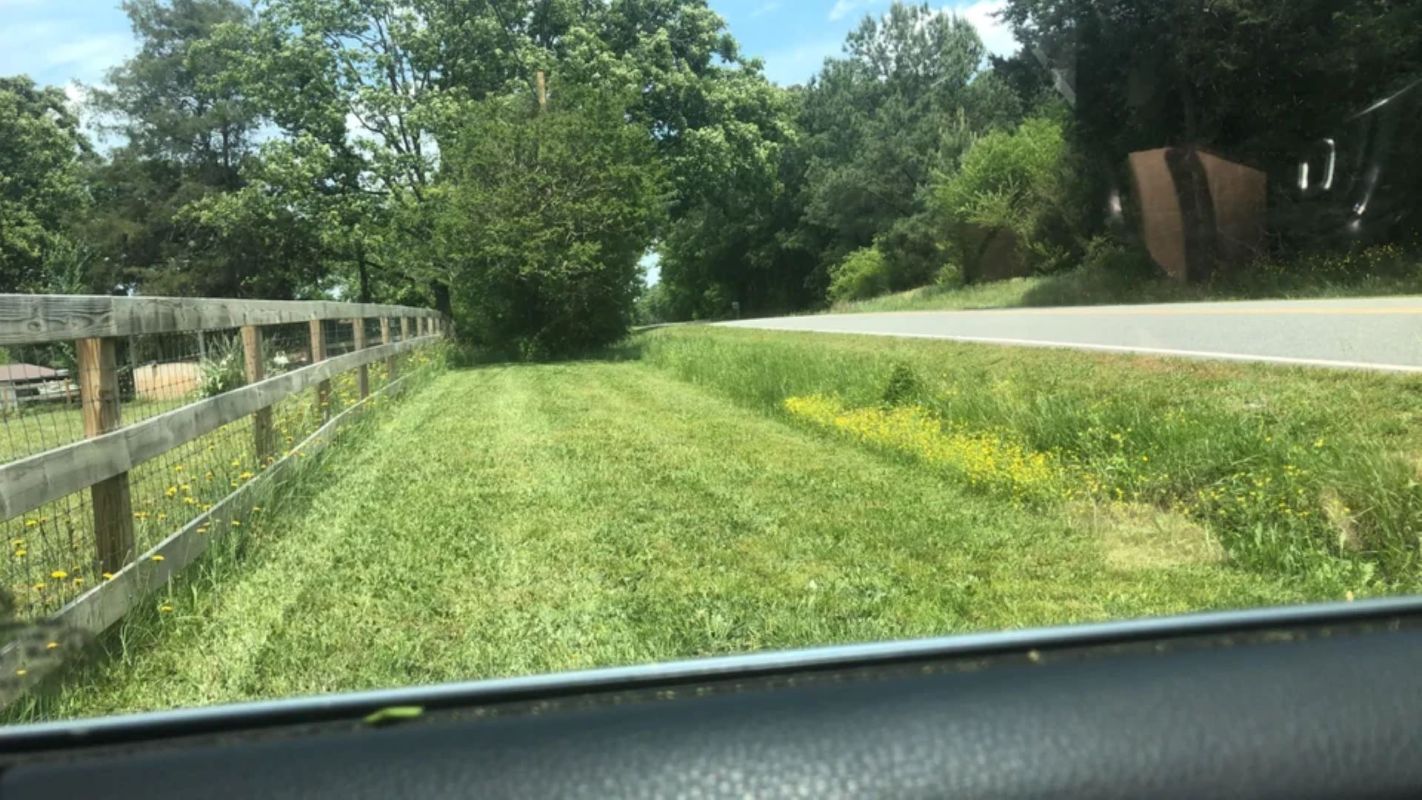Across the country, many people are turning away from traditional grass lawns and toward more eco-friendly landscaping choices such as native plants and pollinator gardens. Also across the country, many people's neighbors have a big problem with that for some weird reason.
One home gardener recently took to the r/NoLawns subreddit to share one such story. "My neighbor mowed my meadow," the post is titled.
"I heard a lawnmower outside when I was in the shower but didn't think anything of it," the poster went on to explain. "When I left to get groceries, I noticed all my flowers had been mowed … my favorite [part] of the day is just seeing all the flowers and bees. When I saw everything had been cut, I immediately started to cry. I'm devastated."
While it is likely that in this case the overzealous neighbor thought that they were doing the poster a favor, clearly that is not how their actions were received. It's hard to blame the neighbor entirely, though, as grass lawn culture is incredibly pervasive — especially in the United States.
However, as more and more people are realizing, uniform grass lawns are terrible for the environment. They discourage biodiversity and local wildlife, often require excessive amounts of water usage, and also often involve the use of polluting gas-powered mowers.
Native plant gardens and pollinator gardens, on the other hand, are lower maintenance, help local wildlife, and are more visually interesting and stimulating.
The other members of the subreddit encouraged the poster to try to communicate with their neighbor, and perhaps even try to bring them on board the pollinator garden movement.
"I feel so bad for you! I would cry too. I know the peace watching nature can bring one, and how jarring it can be when someone tramps all over that," wrote one commenter.
"Talk to your neighbor politely about it and explain you're growing a pollinator garden. Maybe look to see if you can get it certified as a pollinator or native plant garden so you can put up signs saying so," wrote another.
Join our free newsletter for easy tips to save more, waste less, and help yourself while helping the planet.









